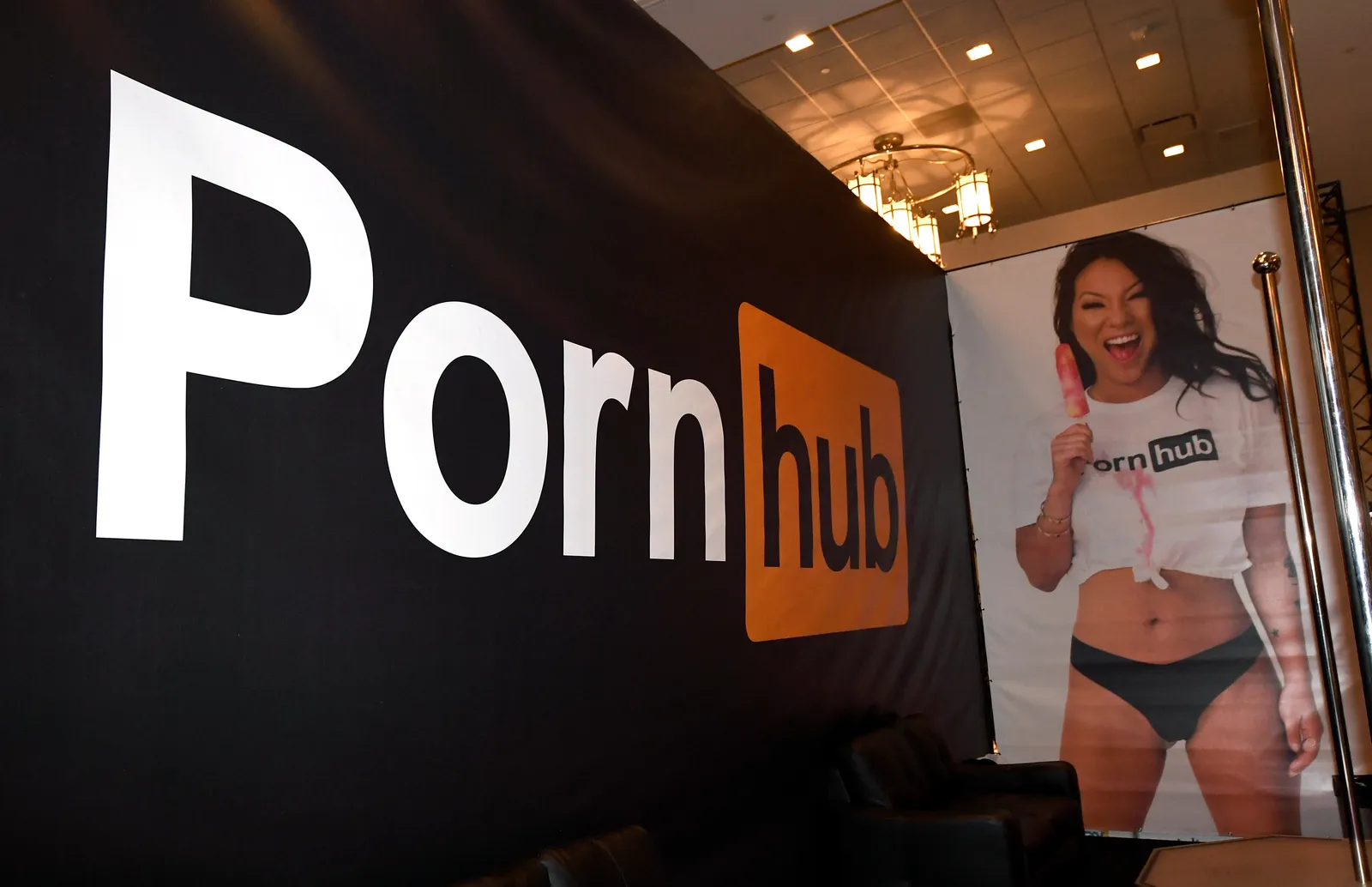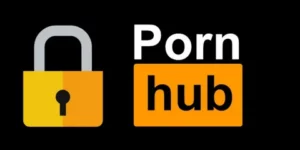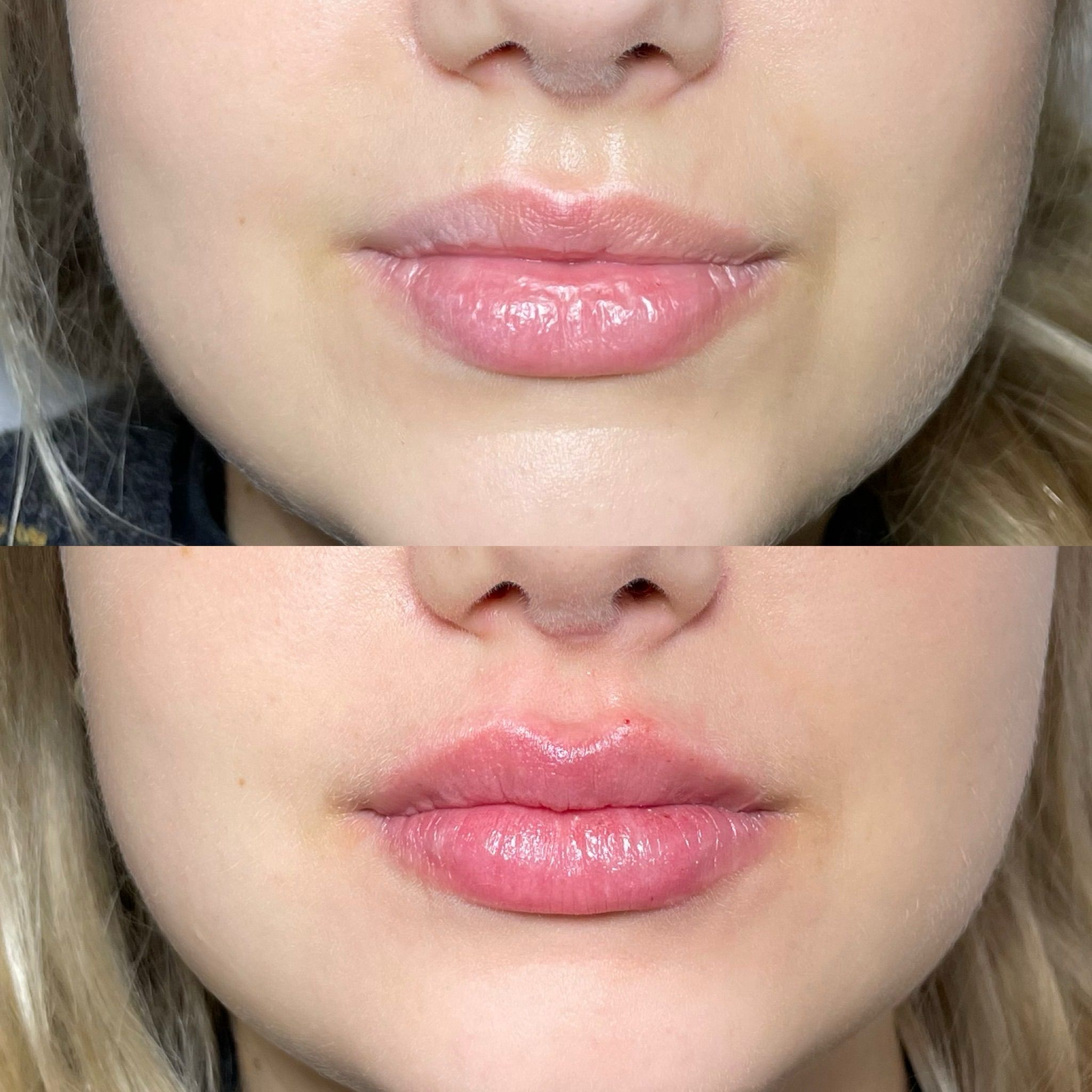A Modern Legal Battle Over Age Verification and Free Speech
In a case that blends constitutional law with the realities of digital life, the United States Supreme Court recently heard arguments on whether Texas has violated the First Amendment by mandating age verification to access adult content. The law, passed in 2023 as House Bill 1181, requires individuals seeking access to pornographic websites like Pornhub to verify their age using government-issued ID or facial recognition.
Who’s Fighting the Law—and Why
Representing the opposition to this law is the Free Speech Coalition, a group that includes the ACLU and various figures in the adult entertainment industry. They argue that the law is overly invasive, technologically burdensome, and a thinly veiled effort to drive the adult industry offline.
Texas Attorney General Ken Paxton, on the other hand, maintains that the law is a necessary tool to prevent minors from accessing pornographic content, as traditional checkboxes and age gates have proved ineffective.
A Walk Down Porn Memory Lane
As oral arguments unfolded, the hearing quickly veered into unexpected territory. The justices discussed the evolution of pornography from cable TV static to print magazines and audio erotica, invoking references such as “Dial-a-Porn” and the infamous squiggly lines of scrambled adult channels.
Justice Samuel Alito stirred chuckles and raised eyebrows by asking, “What percentage of the material on that [site] is not obscene? Is it like the old Playboy magazine? You have essays on there by the modern-day equivalent of Gore Vidal and William F. Buckley Jr.?”
Derek Shaffer, representing the Free Speech Coalition, replied with nuance: “Not in that sense. But in the sense you have sexual wellness posts about women recovering from hysterectomies and how they can enjoy sex, that’s on there.”
So What’s the Legal Issue?
At the heart of the case is whether the Texas law infringes upon constitutional rights by placing undue burdens on free expression and personal privacy. The Free Speech Coalition contends that the law imposes excessive technological and financial barriers to content creators and consumers alike.
Texas argues that these safeguards are essential to prevent minors from exposure to harmful material, especially in a digital environment where kids can easily outmaneuver traditional safeguards.
How Are Other States Responding?
Following Texas’ lead, several states have passed similar age-verification laws. As of early 2025, Pornhub has blocked users in Florida, South Carolina, Alabama, Arkansas, Idaho, Indiana, Kansas, Kentucky, Mississippi, Montana, Nebraska, North Carolina, Oklahoma, Tennessee, Utah, and Virginia.
Instead of complying, Pornhub has opted to show visitors a message opposing the law, urging them to contact local lawmakers. They describe the age-verification measures as “ineffective, haphazard, and dangerous.”
The Privacy and Tech Dilemma
Critics of the law also warn of the privacy risks associated with age verification methods like facial recognition or uploading sensitive government IDs. There is concern over how this data would be stored, protected, and potentially misused.
Derek Shaffer emphasized the “chilling” effect these methods could have, not just on users, but on freedom of expression more broadly. “The tradition on the internet is to say that it will be free and that it is incumbent upon parents to screen out content that is inappropriate for their kids,” he said.
Parental Controls vs. Government Regulation
Justice Amy Coney Barrett brought a practical lens to the discussion, highlighting the difficulties in parental monitoring. “Kids can get online porn through gaming systems, tablets, phones, computers,” she noted. “Content filtering for all those different devices, I can say from personal experience, is difficult to keep up with.”
Justice Alito echoed this concern. “Do you know a lot of parents who are more tech-savvy than their 15-year-old children?” he asked pointedly, urging the free speech advocates to acknowledge the technological gap.
The First Amendment at a Crossroads
Justice Elena Kagan voiced broader constitutional concerns about the precedent the court’s decision might set. She warned of two potential spillover effects: either the weakening of strict scrutiny across content-based laws, or an increase in content restrictions that evade high constitutional standards.
“It seems to me that there are possible spillover dangers either way,” Kagan said. Her comments underscore the complexity of balancing the First Amendment with modern societal challenges.
Creative Responses and Circumvention
The bans are proving inconvenient but not impenetrable. In states where Pornhub is now inaccessible, Google Trends data shows spikes in VPN service searches. This suggests that users are finding workarounds to access the content, a further complication to the enforcement and effectiveness of the law.
What Happens Next?
The Supreme Court is expected to deliver a ruling by summer 2025. Until then, the case stands as a pivotal moment in defining how digital rights, privacy, and free speech intersect in an increasingly regulated internet landscape.
Mike Stabile, spokesperson for the Free Speech Coalition, summed up the stakes succinctly: “Porn is the canary in the coal mine of free speech. These bills are meant to put the adult industry out of practice.”
Final Thoughts
This case is far more than a culture war skirmish. It raises foundational questions about how free expression is protected in the digital age and who bears responsibility for shielding minors from explicit content. While the debate is deeply rooted in the adult industry, the implications stretch into journalism, art, social media, and beyond. As the nation waits for the court’s decision, the line between protection and censorship remains as blurry as ever.
- Evan Name Meaning - June 5, 2025
- Virginia’s Most Popular THC Infused Drinks - June 5, 2025
- Nebraska’s THC Infused Seltzer Recommendations - June 4, 2025






